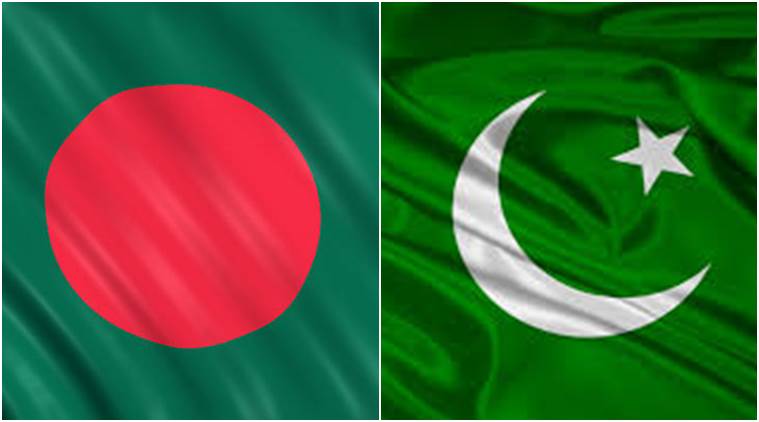NEW DELHI: Inputs generated by Indian agencies in September had indicated that Pakistan’s intelligence agency, the ISI, and its foreign ministry, as part of their new focus on “soft-nuanced-approach” to counter India at the international level, had executed a project that involved reaching out to media personalities and organisations based in Bangladesh. The project is still ongoing.
The objective of this is two-fold—create a favourable opinion of the Imran Khan government and generate a negative perception of the policies being followed by the Narendra Modi government in the minds of the common people of Bangladesh, by using the Bangladeshi media. The use of the local media and personalities was done and is still being done to increase the credibility of the news and content among the local readers and viewers.
Indian officials, who generated these inputs, told The Sunday Guardian that the project has been designed in a way that it does not allow the media fraternity in Bangladesh to realise that they are being used as part of Pakistan’s propaganda. A fund of BDT 1 crore (Bangladeshi Taka) has been allocated for this project.
Indian officials have identified at least six prominent Bangladeshi news channels that have become a platform for this Pakistan-sponsored propaganda war. None of these channels are aware of how their reach is being misused by the ISI.
“The content, the narrative is pushing a pro-Pakistan story revolving around how under Imran Khan, the country has seen many positive changes. The second narrative, which is operating on a totally separate platform, is how India is witnessing damaging changes under the present dispensation. The idea is to force the common people of Bangladesh to start thinking negatively about India, something which will automatically impact the bilateral ties between the two countries,” an official said.
For this, journalists, media channels and social media influencers on Twitter and Facebook were identified and approached with a proposal to include the content given to them by agencies which are clandestinely working for the ISI and the Pakistan foreign ministry. This pool of journalists and media influencers was later expanded in view of the response that it generated.
This nuanced approach to execute the propaganda war by Pakistan—which has always been indulged in by inimical countries since historical times—has received a booster shot in the two years after Imran Khan came to power and he appointed Boston educated Moeed Yusuf as his man-Friday on security issues. Apart from carrying out a low intensity, “non-state” executed war, Pakistan is now focusing significantly on developing softer methods to counter India, which is not just limited to paying millions of dollars every year to US, UK and Europe-based lobbying and PR organizations.

